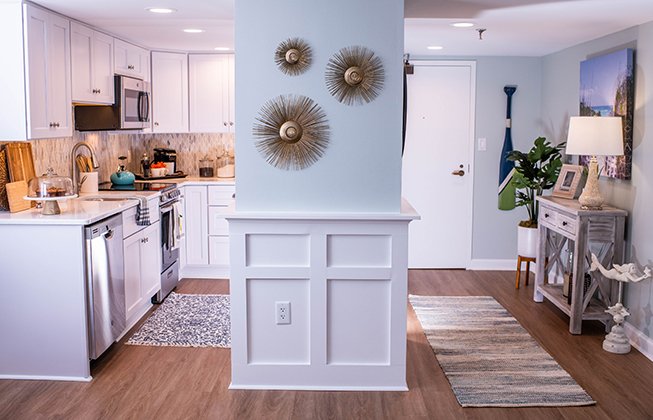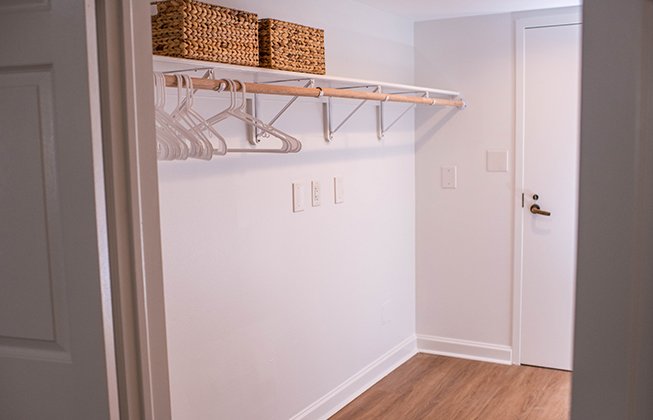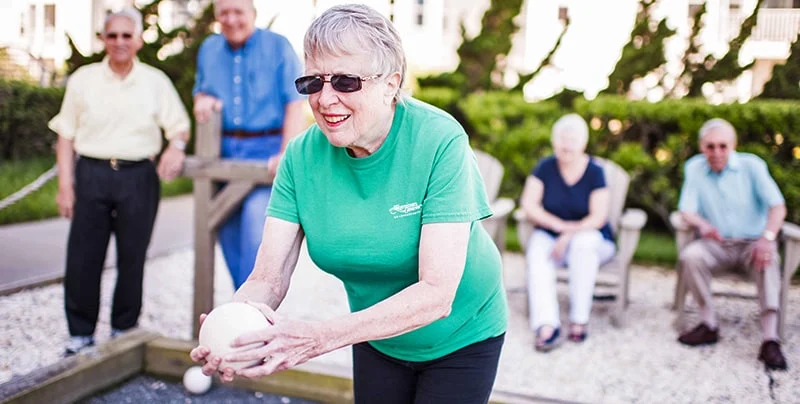Resort-Style Senior Living and Lifelong Learning
The idiom, “You can’t teach an old dog new tricks” originated in 1546 and is considered to be one of the oldest idioms in the English language. And while you may still hear it today, countless seniors continue to show age has nothing to do with the ability to learn. Of course, back in the 1500s, the average life expectancy was 30 to 40 years, so there wasn’t a lot of time to learn something new. Today, senior living communities like Westminster-Canterbury feature lifelong learning programs.
What Is Lifelong Learning?
Lifelong learning is a concept that recognizes that people of all ages have a natural drive to explore, learn and grow. While there is no standardized definition of lifelong learning, it generally refers to the learning that occurs outside of a formal educational institute — like a school, university or corporate training — that’s focused on personal development.
What Are the Benefits of Lifelong Learning?
You’re probably already doing lifelong learning activities and just didn’t call it that. But any mental activity of acquiring knowledge and understanding through thought, experience and the senses — like reading, watching documentaries, or exploring the world around you — offers cognitive health benefits, including:
- Increased neuron generation: Learning something new has been found to stimulate greater neuron formation, leading to more connections in the brain. Neurons are responsible for sending information throughout the body and when this is increased, it can positively affect memory, attention, thinking and reasoning skills.
- Reduced risk of dementia: Increased neuron activity can also help maintain and enhance brain health. Activities like learning a new language, mastering a new gardening technique, and other forms of cognitive stimulation may reduce your risk of Alzheimer’s disease and other forms of dementia.
- Less stress: Simply reading a book or practicing an instrument can decrease muscle tension and blood pressure. Lower stress levels can help you better cope with challenging situations and changes in life.
- Increased socialization: One of the best aspects of lifelong learning is that it can be done with others. Education lectures, discussion groups, and book clubs can spark social interaction that is intellectually engaging and helps you avoid depression and isolation.
- Healthier body: Researchers have found that the more educated someone is, the lower their rates of anxiety and depression. They also suffer less from the most common acute and chronic diseases — heart disease, stroke, hypertension, high cholesterol, emphysema, diabetes, asthma and ulcers.
- More happiness: Being fully engaged in learning something new has been found to provide satisfaction and happiness. However, to boost your health and happiness, you have to be mentally challenged by trying to learn a difficult task.
Lifelong Learning at Westminster–Canterbury
While there are a lot of ways to keep growing and learning throughout your life, it can be challenging to get out of your current routine to actually try something new. Many older adults feel like they don’t have the time or are anxious about trying something new on their own. A luxury senior living community — like Westminster-Canterbury — typically offers learning opportunities as part of their independent living lifestyle so you can try out new things with your friends and neighbors.
At Westminster-Canterbury, our residents enjoy computer instruction, research and writing, musical concerts, museum tours, discussions, and more with a variety of group activities and clubs. We also feature our Westminster-Canterbury Lifelong Learning Institute — a partnership with Virginia Wesleyan University — where you can audit select classes at VWU for free and attend cultural events. Plus, we offer 64 mini-courses, coordinated by a VWU professor, at our community every year.
To learn more about our active, resort-style senior living community, contact us today.
< Back


































